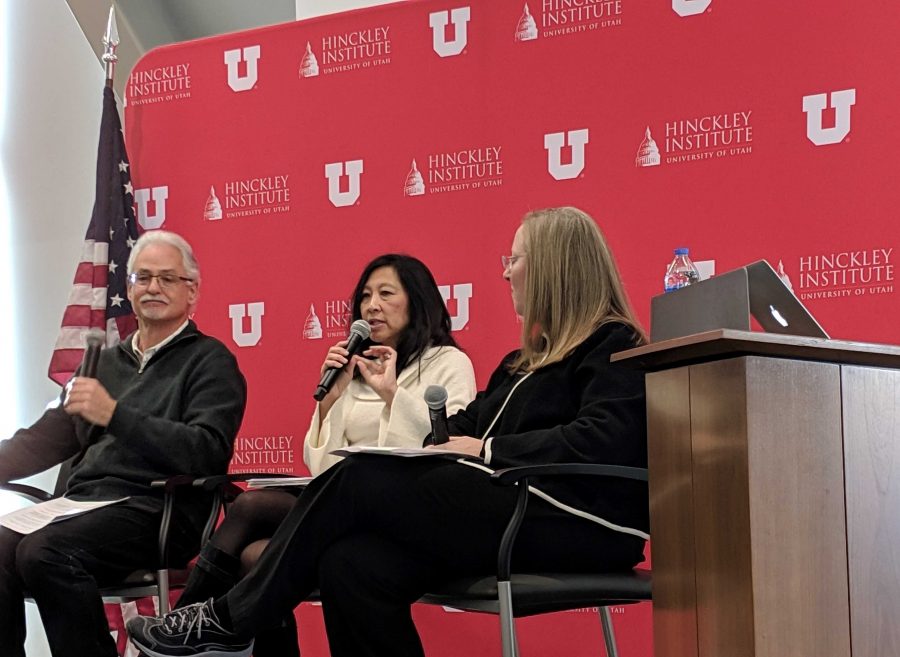“No person in the United States shall, on the basis of sex, be excluded from participation in, be denied the benefits of, or be subjected to discrimination under any educational program or activity receiving Federal financial assistance.”
These 37 words make up Title IX of the Education Amendments Act, which is currently facing proposed regulations by the United States Department of Education (DOE). In 2017, U.S. Secretary of Education Betsy DeVos announced the desire to rescind Title IX guidelines previously laid out in a Dear Colleague Letter issued during the Obama Administration in 2011. DeVos then proposed new Title IX regulations on Nov. 16, 2018.
The DOE outlines key provisions of the proposed Title IX regulations, which, not surprisingly, have prompted much-heated debate between people strongly advocating on both sides.
The process of making changes to existing Title IX law is complex. That said, Sherrie Hayashi, director for the Office of Equal Opportunity and Affirmative Action (OEO) and Rick Green, professor in the University of Utah’s Political Science Department, served as panelists on the Hinckley Institute of Politics “The Future of Title IX” forum on Tuesday, Jan. 22, in order to further inform U students and address several of their questions and concerns.
Dean of Students Lori McDonald was the moderator for the event and asked audience members to “please note that the purpose of this presentation today is to bring about awareness of the process and how to participate in it, no matter what your positions are on the proposed regulations.”
The public has until Jan. 28, 2019 to provide feedback on the proposed Title IX regulations, which can be submitted through the Federal eRulemaking Portal. This feedback period may be extended due to a technical glitch with the site. The Title IX proposed rule can be found on the Federal Register.
Both Hayashi and Green elaborated on several aspects of the proposed regulations and described what constitutes sexual harassment, what triggers a school’s legal obligations to respond and how a school must respond.
Specifically, Hayashi described the OEO’s responsibility for the university’s non-discrimination policies, and how Title IX “relates to educational institutions, particularly in higher education,” along with “the difference between regulations and guidance using examples from the current proposal.” Green described “the administrative rule-making process, how it works and what happens after the public comment period ends.”
Several audience members asked questions about the impact of the ongoing partial government shut-down on moving forward with the proposed regulations, as well as concerns about due process, disparities and asymmetries in power and changes to the U’s policies.
“What I would encourage you to do is continue to monitor the proposed regulations” Hayashi advised. “When it is time to actually make changes to the policies, we want to be able to hear from campus stakeholders.” Other future steps by the university that were noted include: “[to] carefully review for ‘shall’ or ‘may’ language which shall determine requirements that must be incorporated into U policy compared to areas that may permit flexibility” and “update training and educate the campus community.”
A full recording of “The Future of Title IX” can be accessed here. The event was co-sponsored by the Dean of Students and is part of the Hinckley Institute’s Pizza and Politics forum series which are free and open to the public.


